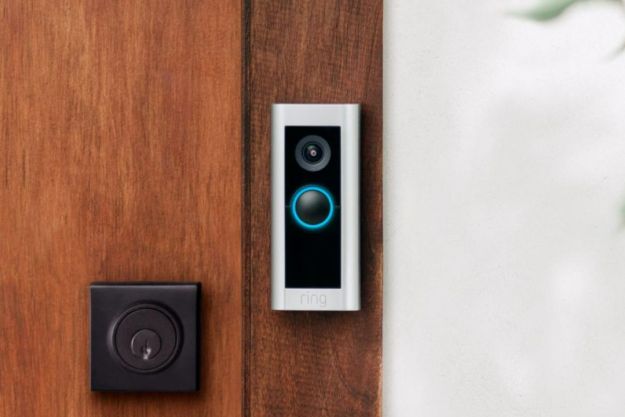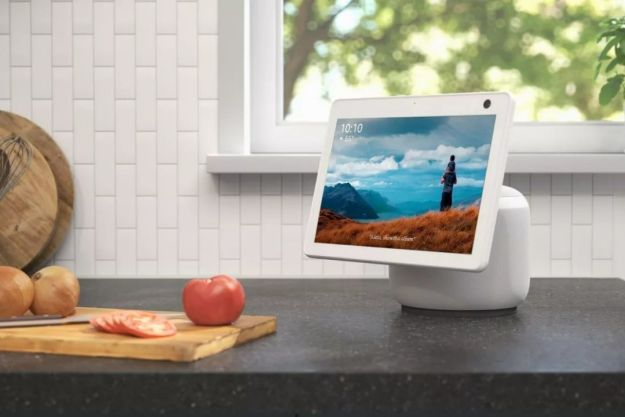Smart assistants have proven themselves to be truly useful, but the devices struggle to recognize heavy accents and can leave some users frustrated. The problem is of even more concern when users with unique speech patterns attempt to use a smart assistant. That is the driving force behind the Canadian Down Syndrome Society’s (CDSS) program “Project Understood.” This program is part of a partnership with Google to ensure that people with Down syndrome can use and be understood by smart assistants.
Down syndrome occurs in about 1 out of every 700 babies. The rate of Down syndrome actually increased between 1979 and 2003 by roughly 30%, according to the CDC. Thanks to advances in medical science, people with Down syndrome can lead relatively normal, healthy lives, but their speech patterns and movement are forever affected by the disease. One of the driving forces behind Project Understood is the potential for greater independence that voice technology offers for those who have the genetic condition.
The program works by allowing users with Down syndrome to sign up and “donate” their voices to Google. In doing so, they will record various words and phrases that help the A.I. algorithms to better recognize everyday words spoken by someone with Down syndrome. The project is two-fold in its purpose. Aside from improving Google’s voice accuracy, CDSS hopes that by allowing individuals with Down syndrome to record voices for Google, they will achieve greater recognition and a sense of accomplishment.
The more data Google is able to collect on speech patterns, the more accurate Google Assistant will become. Those interested in helping out can do so at projectunderstood.ca. There is a five-step process involved in donating. The first two are to simply click “Donate your voice” and wait for a login email from Google. The next step involves recording phrases. Finally, the last two steps are to share the program on Facebook and through other social media, since every voice added will help the program’s accuracy.
Estimates suggest there will be 8 billion voice assistants in use by 2023. With so much of the world’s technological future driven by voice technology, everyone needs to be represented – no matter how their voice sounds.
Editors' Recommendations
- The most common Google Home problems and how to fix them
- Blink Mini 2 vs. Nest Cam (Indoor): Which is the better affordable security camera?
- How to use the Google Home app on a computer
- Echo Show 8 vs. Nest Hub: Does Amazon or Google offer the best smart display?
- What is Home Depot’s Hubspace?




